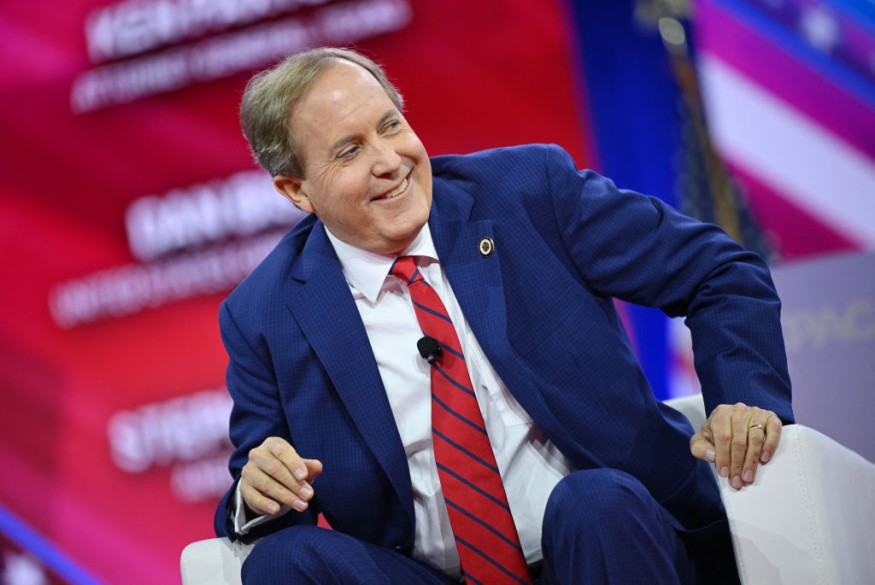Texas Attorney General's Raids on on Latino Democrats Prompt Allegations of Voter Suppression

Texas Attorney General Ken Paxton's recent raids on the homes of Latino Democrats have ignited a storm of controversy and accusations of voter suppression. These actions, part of an investigation into alleged voter fraud during the 2022 elections, have targeted Democratic campaign workers, volunteers, and candidates in South Texas, particularly in Bexar, Atascosa, and Frio counties. The raids have been condemned by civil rights organizations, including the League of United Latin American Citizens (LULAC), which has called for a federal investigation into what they describe as intimidation tactics aimed at suppressing Latino voter turnout.
The raids, executed by Paxton's Election Integrity Unit, involved the seizure of electronic devices and documents from the homes of several individuals, including Manuel Medina, a political consultant and chair of the Tejano Democrats, and Cecilia Castellano, a Democratic candidate for the Texas House. The operations have been criticized as politically motivated, with opponents arguing that they are intended to intimidate Latino voters and volunteers involved in Democratic campaigns.
Attorney General Paxton, who has faced previous controversies, defends the raids as necessary for ensuring election integrity, citing allegations of vote harvesting. However, critics point out that Paxton's office has spent millions on voter fraud investigations with minimal results, raising questions about the legitimacy and motivations behind these actions. LULAC and other advocacy groups argue that the raids are part of a broader pattern of voter suppression tactics in Texas, a state with a history of discrimination against Latino communities.
The controversy has prompted calls for investigations by the U.S. Department of Justice, with civil rights leaders accusing Paxton of using his office to instill fear and discourage civic engagement among Latino voters. As the situation unfolds, the raids have become a flashpoint in the ongoing debate over voting rights and election integrity in Texas, highlighting the tensions between state actions and civil rights protections.
Subscribe to Latin Post!
Sign up for our free newsletter for the Latest coverage!
© 2025 Latin Post. All rights reserved. Do not reproduce without permission.













